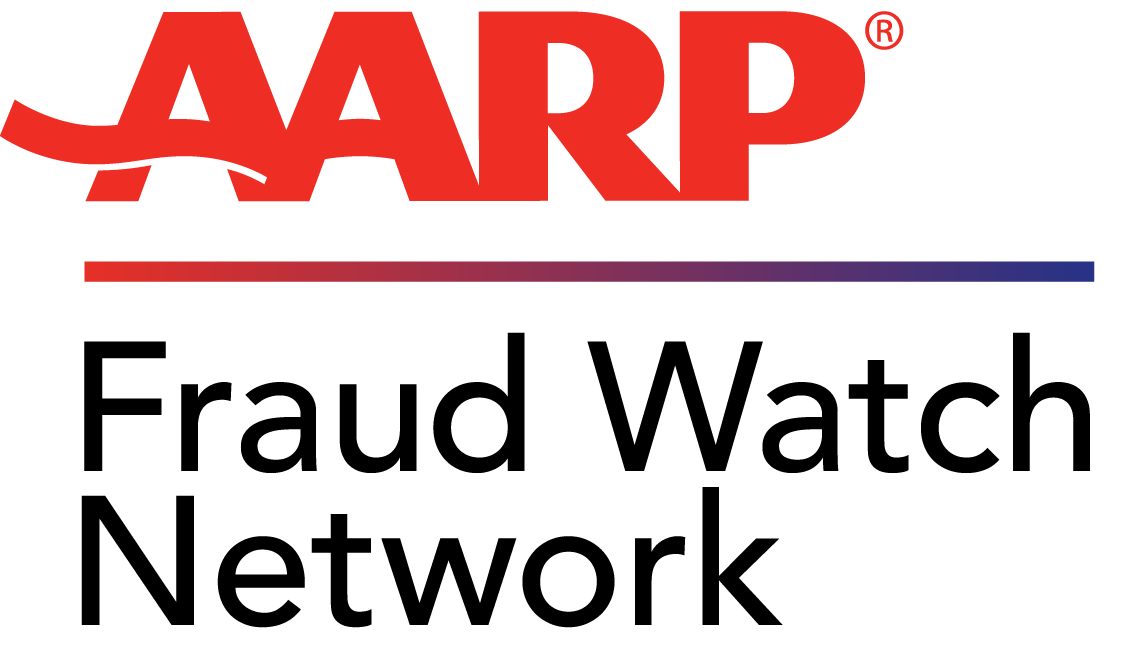AARP Eye Center

Did you know that someone’s identity gets stolen every two seconds? The AARP Fraud Watch Network provides you with tips and resources to help you spot and avoid identity theft and fraud so you can protect yourself and your family. Our watchdog alerts will keep you up to date on con artists’ latest tricks. It’s free of charge for everyone: AARP members, non-members, and people of all ages.
The AARP Fraud Watch Network is:
- An Educator: Get real-time alerts about the latest scams, tips on how to spot them, and the inside scoop on how con artists think so you can outsmart them before they strike.
- A Watchdog: Our nationwide scam tracking map gives you access to a network of people who've spotted scams and the opportunity to pass along your own experiences, so together we can beat con artists at their own game.
- A Resource: Get connected to a real live person trained in how to avoid fraud and advise you if you or a loved one has been scammed by calling our fraud hotline or attending a forum in your community.
- Free for Everyone: Anyone, of any age, can access our resources at no cost.
SCAM ALERT #1:
It feels like you need superpowers to keep ahead of the scammers these days. Just in 2017, 16.7 million Americans lost nearly $17 billion to identity fraud. Security experts recommend people take three simple steps to help protect their digital identity: set up electronic access to financial accounts; freeze your credit; and use a password manager or use strong passwords and store them securely. To learn how to put these tips into practice, visit www.aarp.org/fraudwatchnetwork -- and become your own superhero.
Be a fraud fighter! If you can spot a scam, you can stop a scam.
Report scams to local law enforcement. Contact the AARP Fraud Watch Network at www.aarp.org/fraudwatchnetwork for more information on fraud prevention.
SCAM ALERT #2:
Technology has made it easy to build relationships with friends and family who live far away, as well as to start new romantic relationships with people online. Many scammers will make fake online dating profiles to get close to victims, build a relationship with them online, and then ask for money to finally meet their love interest, start a new business idea, or claim they are in financial trouble and need help. While many people on dating sites are legitimately looking for love and friendship, please remember that there are many scammers out there looking to capitalize on the good will of loving and caring people. If you haven’t met someone in person, it is never a good idea to send them money, no matter what your perceived relationship with them might be. Exercise caution when dating online, as it is easy for someone to pretend to be someone else while sitting behind a computer instead of meeting face-to-face.
SCAM ALERT #3:
It seems that everyone overshares on social media sites these days. But sharers beware! Scammers have become increasingly smart and sneaky, using information people share online to find targets for their next scams. For example, if you share photos and status updates about your vacation out of the country, scammers may use this opportunity to contact your listed relatives pretending to be you, say you’re in trouble and ask for money. While social media is a useful tool to keep distant family and friends up-to-date on your life, it is important to adjust the privacy settings on your account and be mindful of who can see your posts. Exercise discretion in what you post online to avoid being the target of a scam.
SCAM ALERT #4:
In a recent cyber security scam, smartphone users receive a text from an unknown number with a message claiming a friend has written a compliment about them in a new app. The text message contains a link that prompts them to download the specific app on their phone. Online there may even be hundreds of glowing reviews for the app. But beware! In the fine print, downloading the app automatically grants it access to your contacts and all of your saved numbers. The app then perpetuates its number trolling activity by sending all of your contacts the same invitation. While this scam itself poses minimal immediate danger, it allows fraudsters to access your phone to steal your contacts and build a list of phone numbers that the scammer can later sell on the black market for future scam targets. If you receive a text message prompting you to download an app like this, it’s best to delete the message and avoid any potential issues.























































